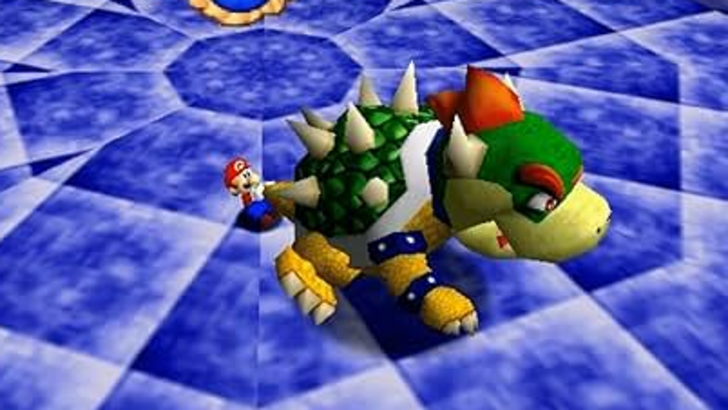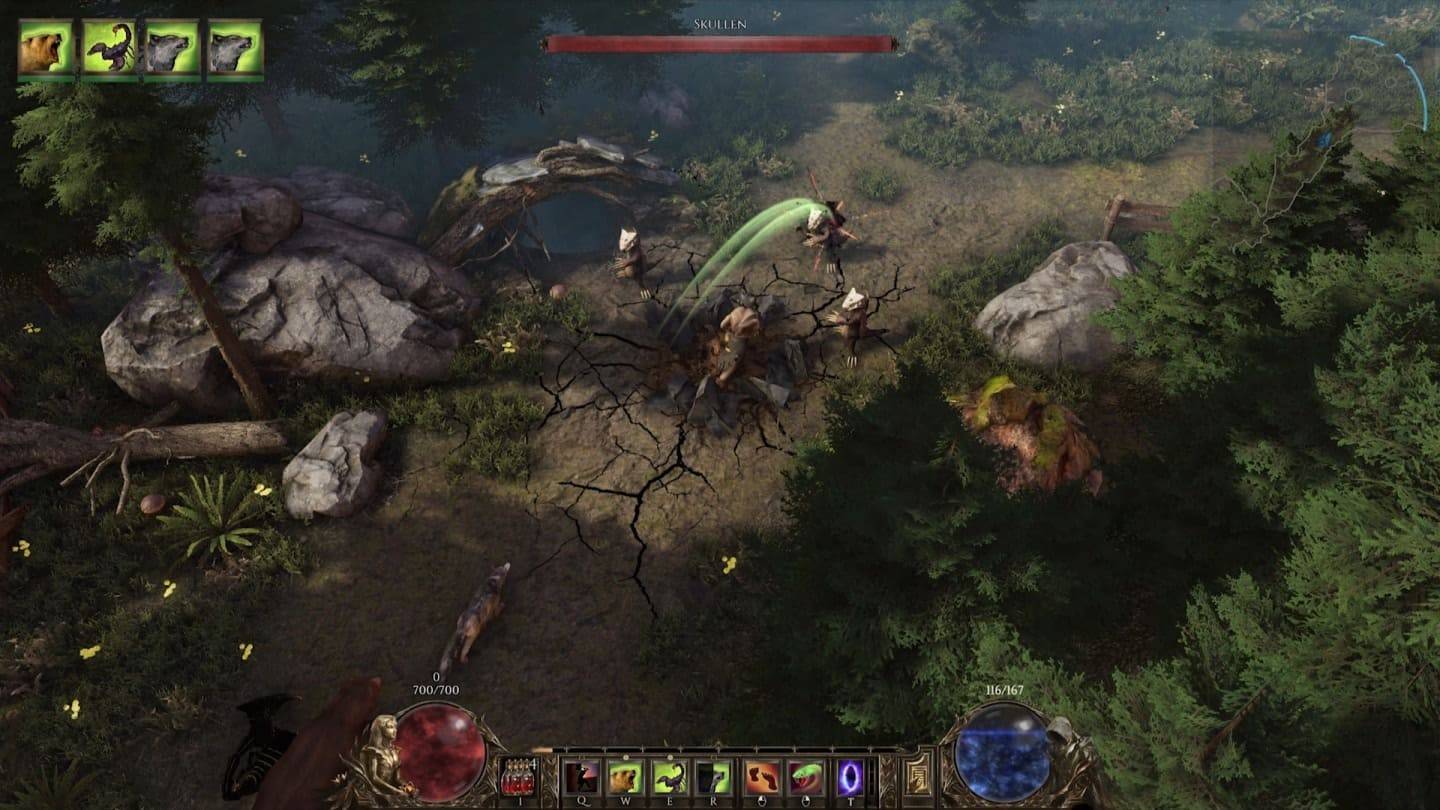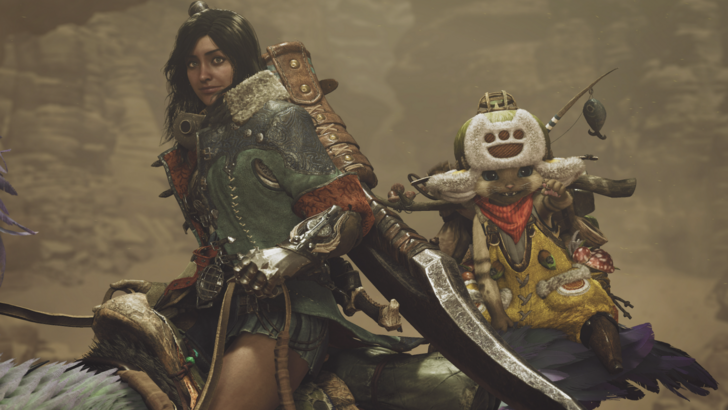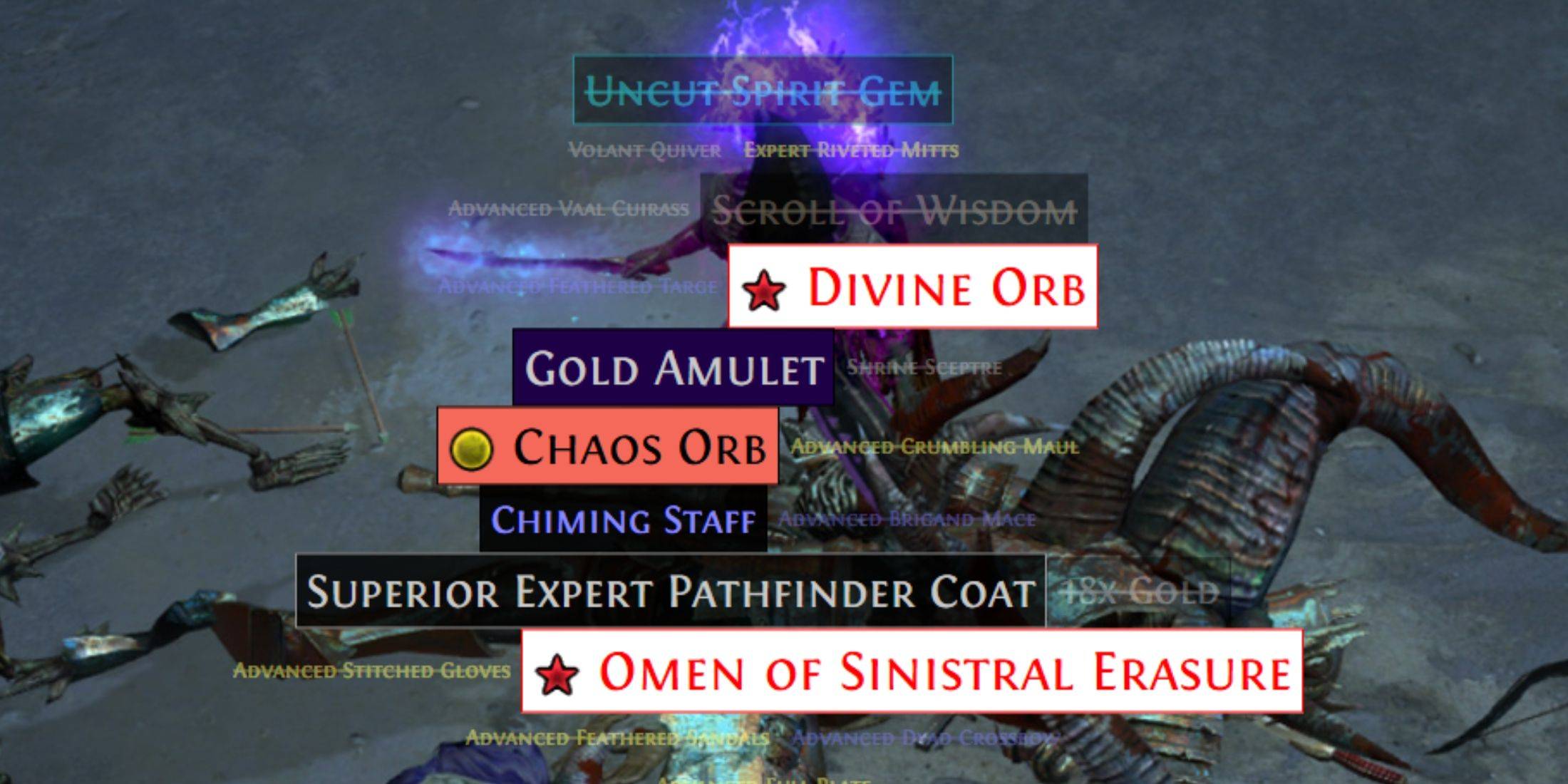Nintendo has been known for its aggressive stance against emulation and piracy, a policy that has led to several high-profile legal actions and settlements. In March 2024, the developers of the Nintendo Switch emulator Yuzu were mandated to pay $2.4 million in damages following a settlement with Nintendo. Similarly, in October 2024, the development of the Switch emulator Ryujinx was halted after receiving communication from Nintendo. Additionally, in 2023, Valve advised the developers of the Gamecube and Wii emulator Dolphin against a full release on Steam, influenced by legal threats from Nintendo.
In another notable case, Gary Bowser, involved in selling Team Xecuter products that facilitated bypassing the Nintendo Switch’s anti-piracy measures, was charged with fraud in 2023. He was ordered to repay Nintendo $14.5 million, a debt he will be servicing for the rest of his life.
At the Tokyo eSports Festa 2025, Koji Nishiura, a patent attorney and Assistant Manager of Nintendo’s Intellectual Property Division, provided insights into Nintendo’s legal strategy against piracy and emulation. According to a report by Denfaminicogamer (via VGC) and translated by Automaton, Nishiura clarified the legal ambiguity surrounding emulators. He stated that while emulators are not inherently illegal, their legality can be questioned based on their use. Specifically, if an emulator copies a game’s program or disables a console’s security features, it may infringe on copyright laws.
Nishiura’s comments were contextualized within Japan’s Unfair Competition Prevention Act (UCPA), which complicates Nintendo's ability to enforce these laws internationally. A notable example discussed was the Nintendo DS "R4" card, which enabled users to run pirated games. After legal action by Nintendo and 50 other software companies, the sale of R4 cards was effectively banned in Japan in 2009.
Moreover, Nishiura highlighted the issue of "reach apps" under Japanese law, which are third-party tools that facilitate piracy within emulators or software. Examples include the 3DS’s Freeshop and the Switch’s Tinfoil, both of which have been implicated in copyright violations.
In its legal battle with Yuzu, Nintendo reported that The Legend of Zelda: Tears of the Kingdom was pirated over one million times. The lawsuit also pointed out that Yuzu's Patreon page generated significant income by offering subscribers exclusive access to game updates and features, further illustrating the financial motivations behind such emulation efforts.

 Latest Downloads
Latest Downloads
 Downlaod
Downlaod
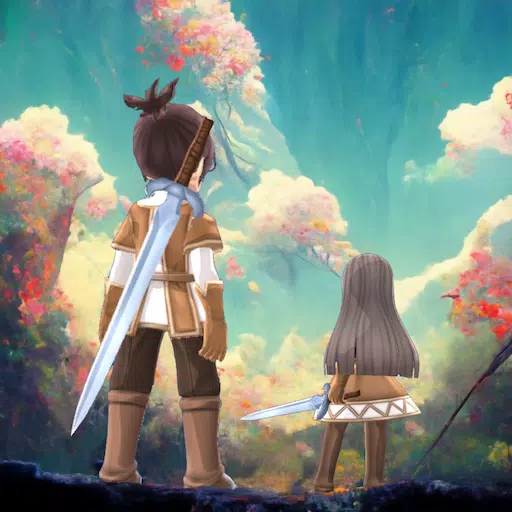
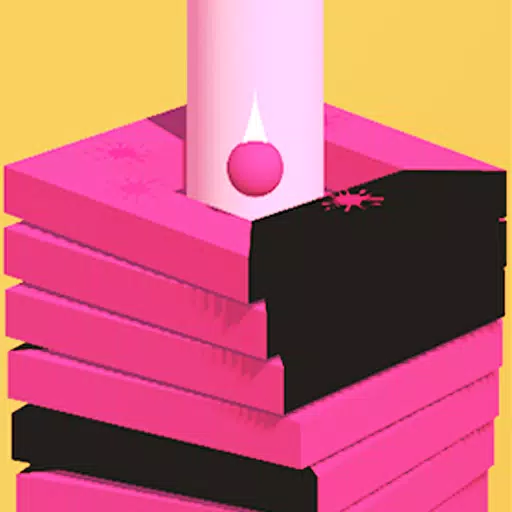
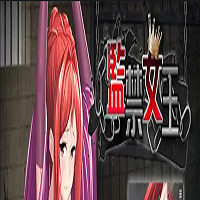

 Top News
Top News